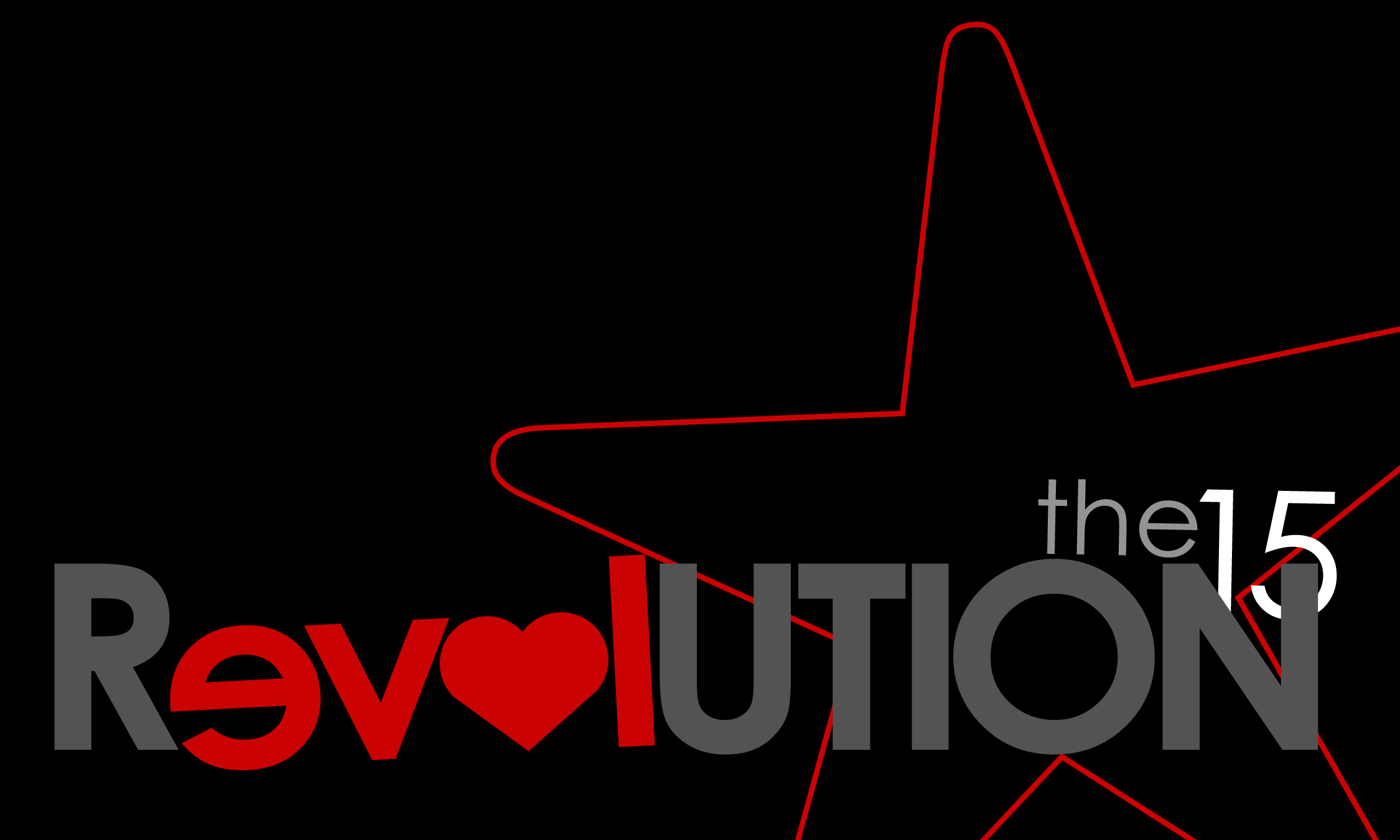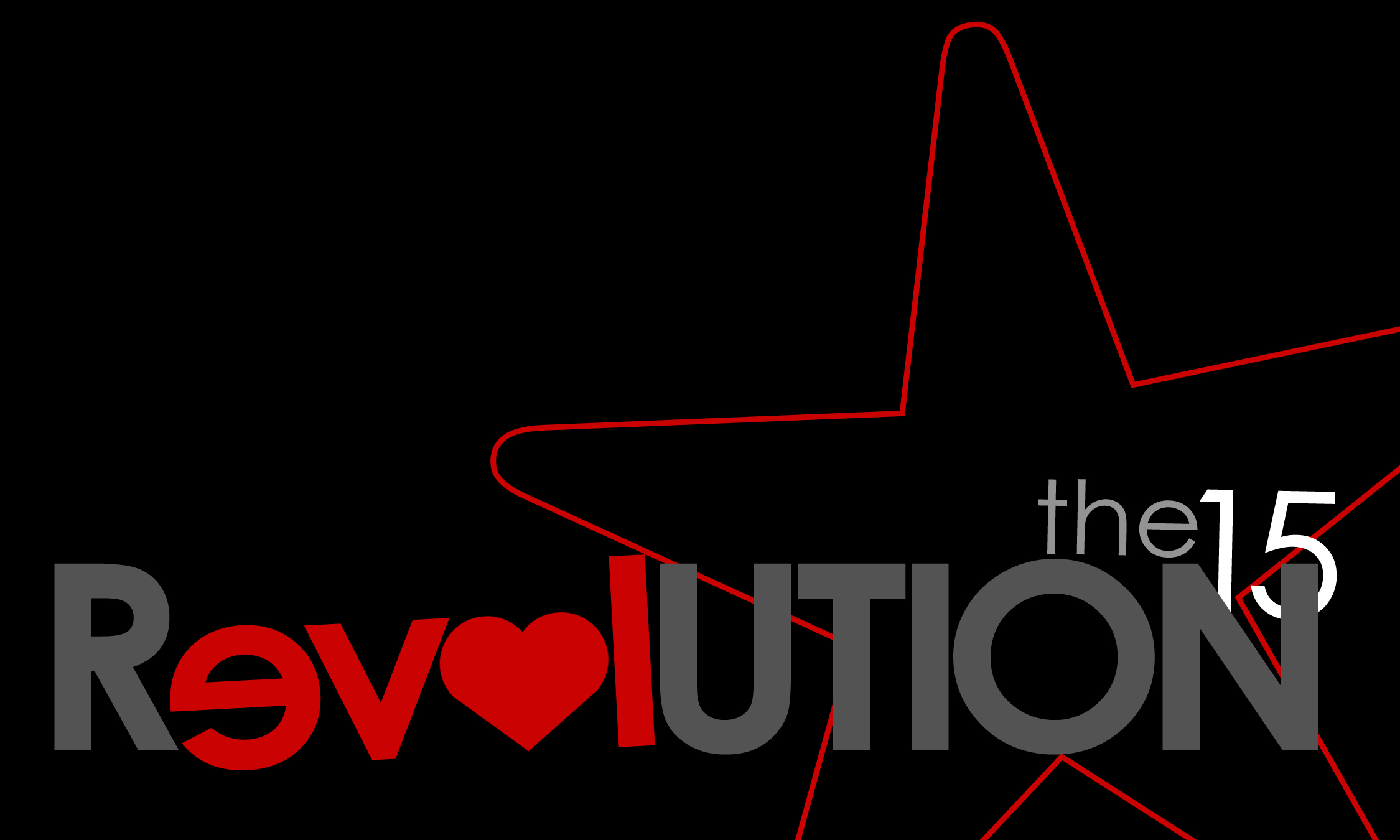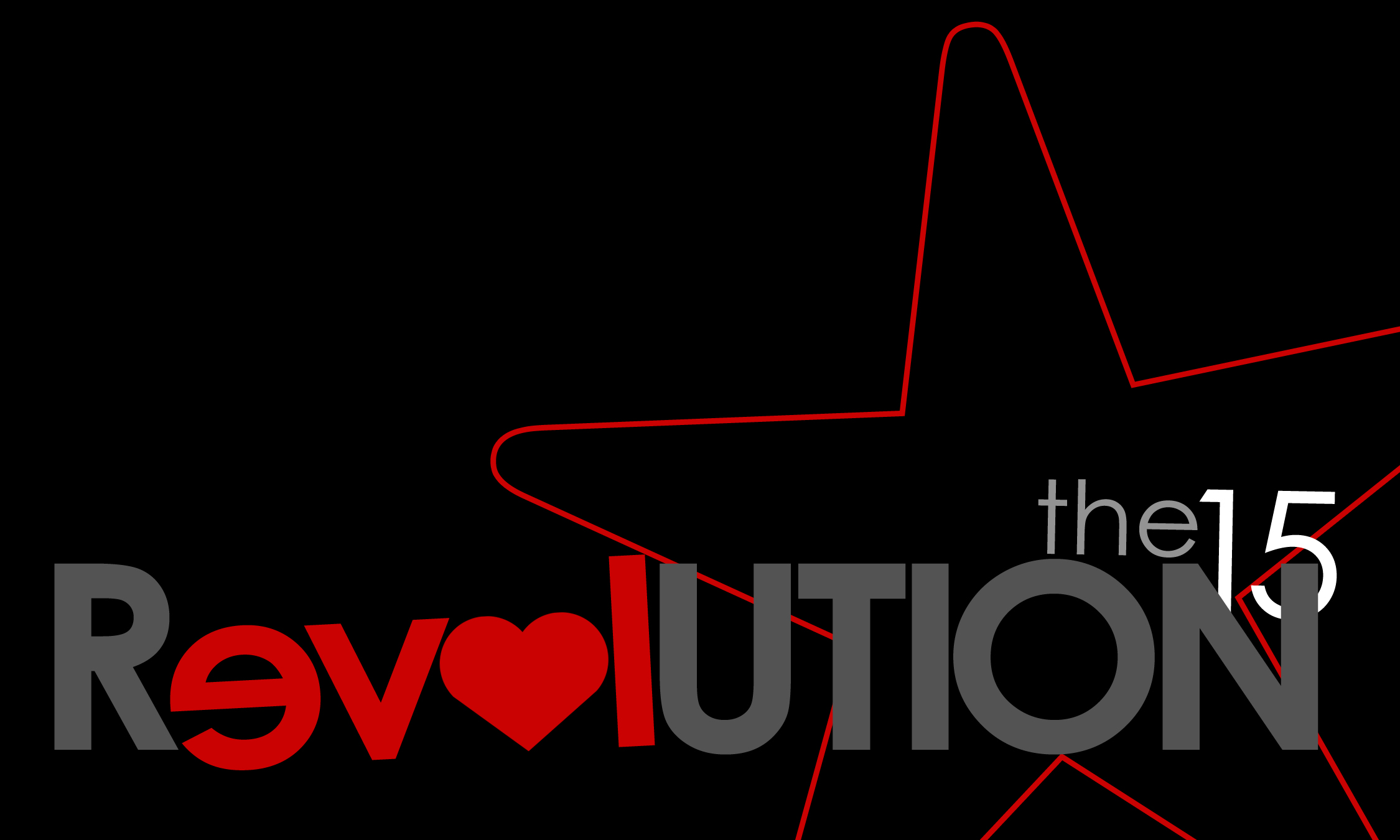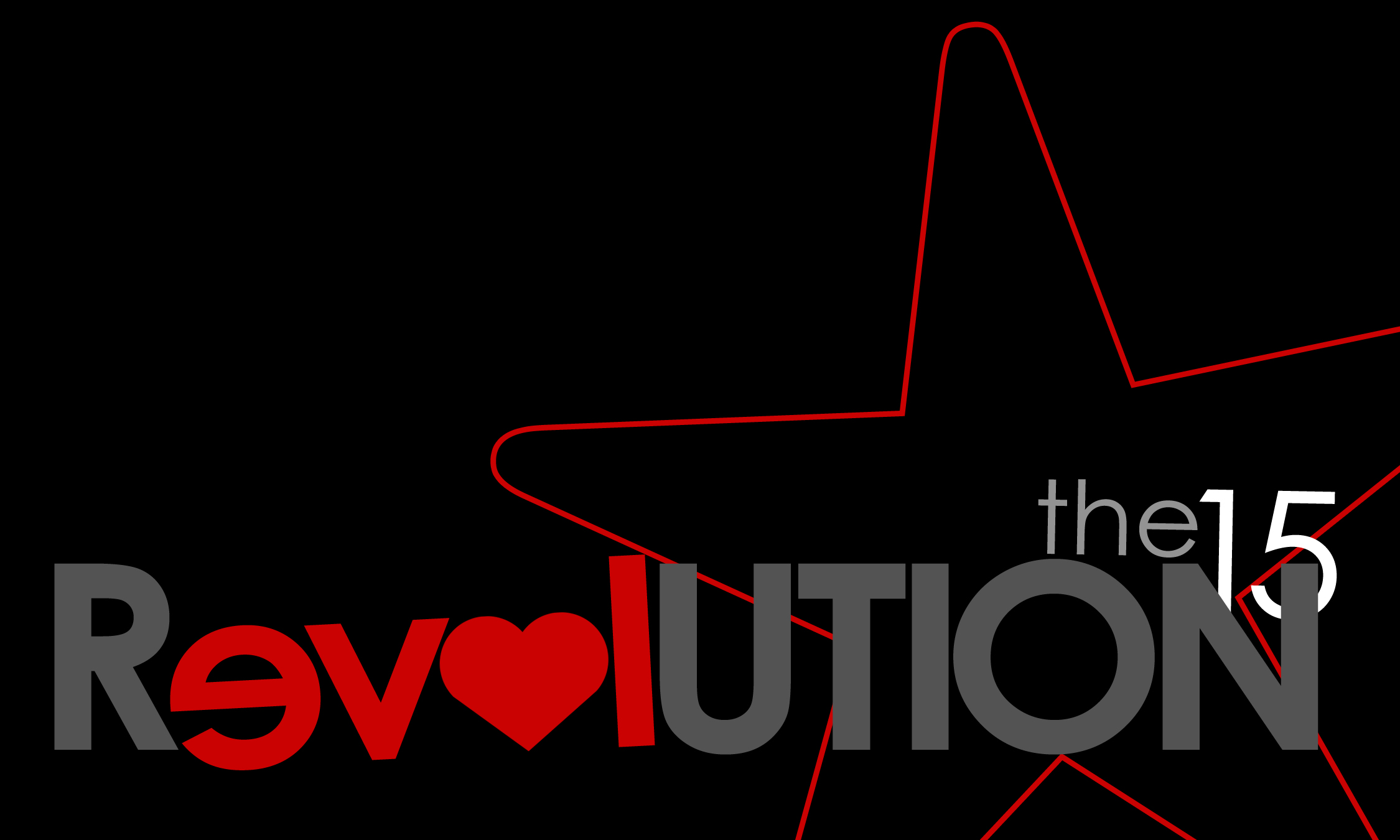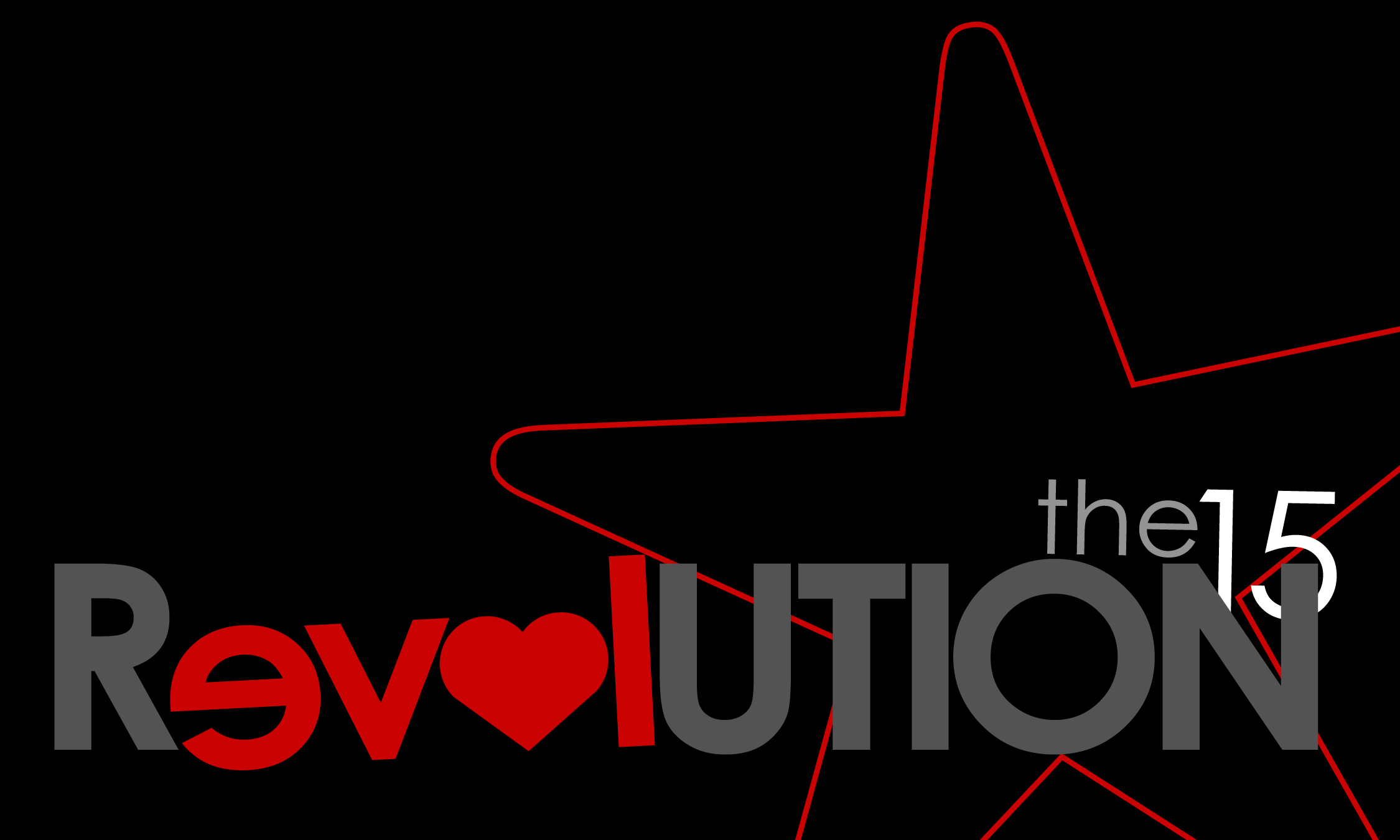He Still Says “Come”
He knew Peter had a swearing problem that wouldn’t go away in 3 years—but He still said “Come”.
He knew Thomas had a doubting problem that wouldn’t go away in 3 years—but He still said “Come”.
He knew the Thunder Brothers (James and John) had ego problems that wouldn’t go away in 3 years—but He still said “Come”.
He knew Judas had a stealing problem and He knew Judas would betray Him in 3 years—but He still said “Come”.
He didn’t invite perfect people to follow Him.
He invited people.
He invited people, problems and all.
People who followed Him didn’t become perfect in a flash (or in weeks, months, years…).
Of course, many of them did change over time. That’s how God works. His grace changes everything.
His invitation, “Come,” isn’t exclusive to those who’ve already started changing.
He’s still inviting sinners and doubters and egomaniacs to follow Him.
He still says “Come”.
Our job is to sing the same tune, preach the same message, extend the same invitation…
“The Spirit and the bride (the church) say, Come! And let him who is listening say, Come!” (Revelation 22.17 AMP)






